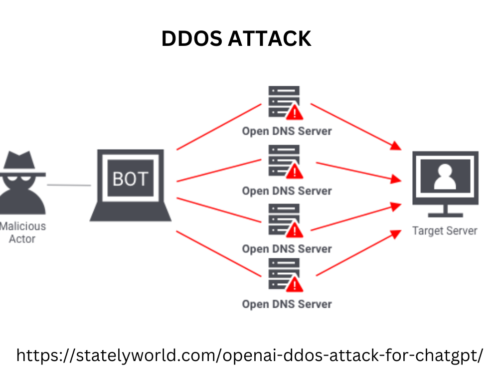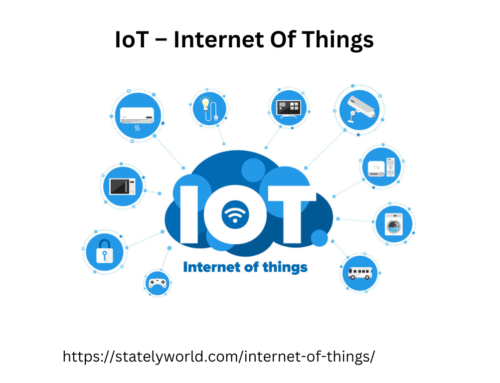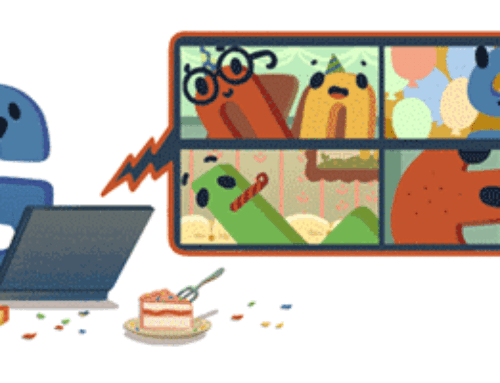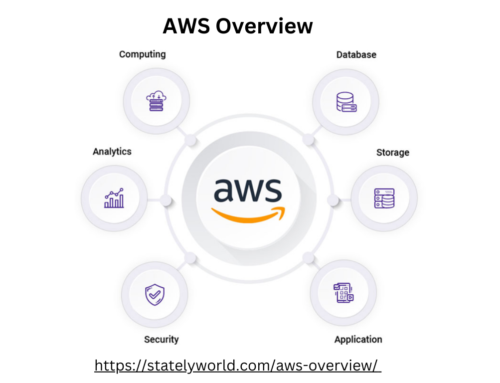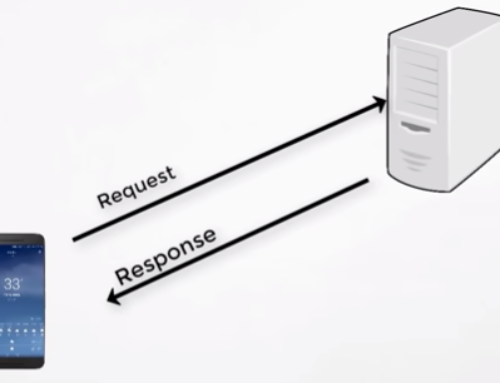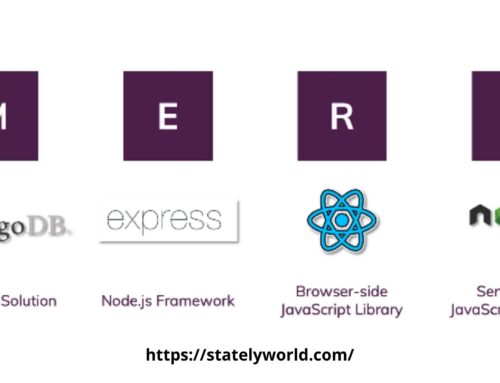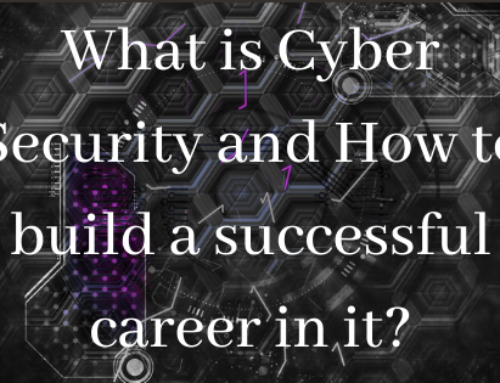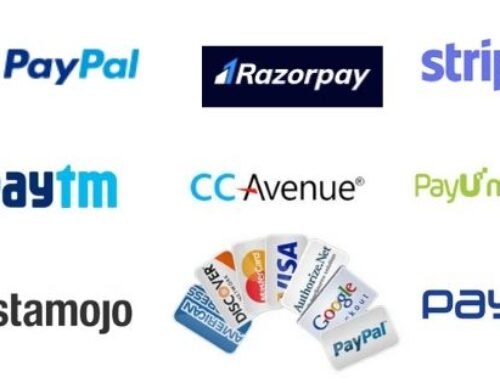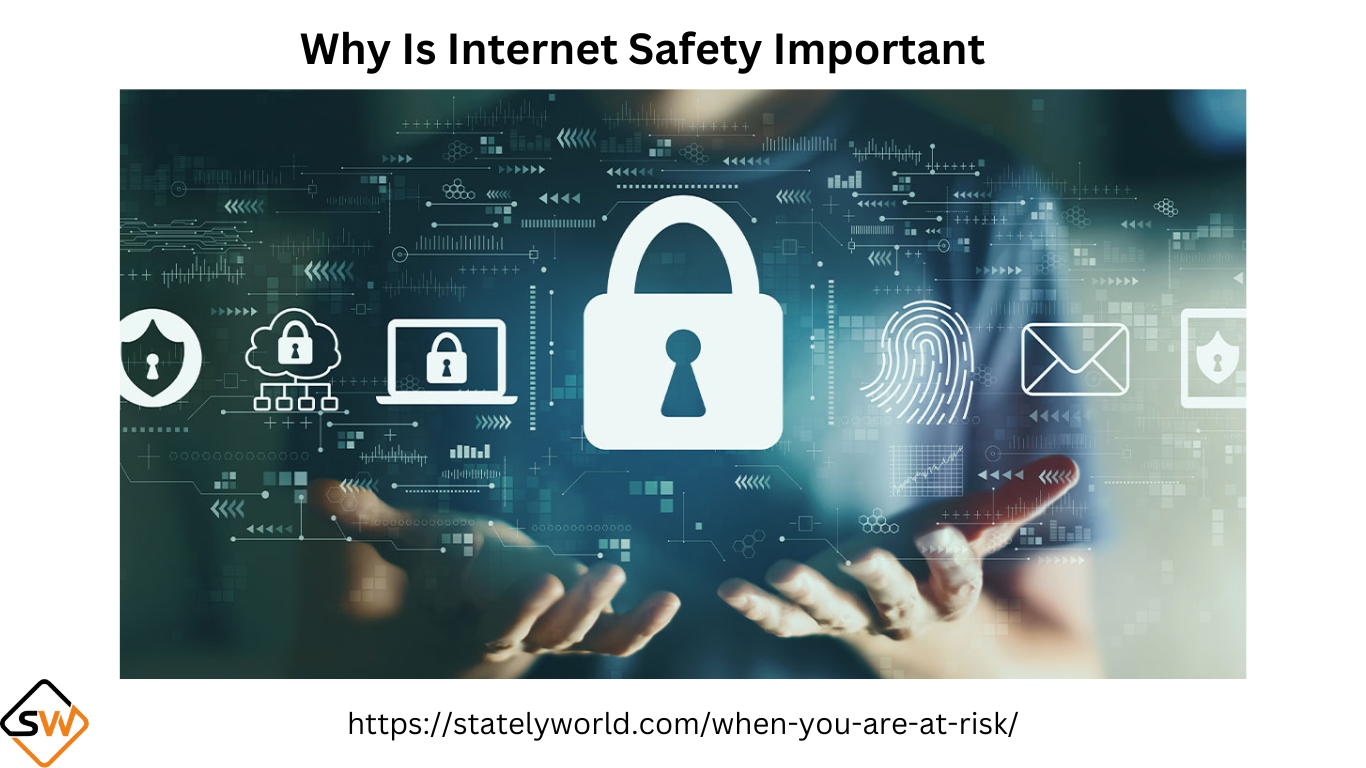
Some tips on how to keep safe from identity theft.
Day by day in this digital world we are hearing out rising cases of identity theft.
In today’s world, an individual holds her identity in many forms. To begin with, there is the real, physical identity that includes name, address, date of birth, parent’s name and spouse’s name. This identity is used as a base to create a financial identity. Bank account numbers and credit card details make up this form of identity and are built up from the physical identity of an individual. Since we all spend a chunk of our lives online, there is social media identity too. Identity data is gold when it comes to the digital marketplace. Like any other asset, this asset in its various forms is vulnerable to theft too.
In case of financial identity theft, which makes for three-fourths of the total identity theft cases in India, the loss is most evident. In the case of physical and social media identity theft or impersonation, the loss is implicit. The social repercussions are hard to notice for a third party.
The individual affected by the theft must bear the results alone. Social damage is hard to contain even if the authorities catch up with the impersonator.
in order to keep social media or physical identity safe in the digital world, it is important to understand that the identities are related to each other. One form of ID connects to the other form and a threat actor can tap into all these to become you for one purpose or another.
India has still to catch up with the rest of the world to provide a framework for digital privacy to its citizens. In that direction, Privacy has already been declared a fundamental right by the Supreme Court of India. But to truly hand out this right, the framework for the law is still in the nascent phase. In this scenario, the responsibility falls on the individual to protect what is hers, and what she is.
SAFEGUARDS FOR YOU, A LOWDOWN
1. Use a shredder to get rid of important mail
One might think that a letter from a government office five years ago is useless, but itis not. There are gold-diggers who will dive into the dumpsters looking for a discarded letter with personal information on it. Shred any letters or credit card statements from the financial institution too.
2. Share little personal information on social media
Twitter is great to share thoughts and ideas. Political activism has found a solid platform in the form of social media. Families remain in touch by sharing pictures on Instagram or Facebook. That’s why social media is at the centre of identity thefts of all kinds. It is important to limit what is being shared there.
3. Use private search engines
Yes, Google knows a lot about a lot of people. What a person searches for is pretty revelatory. There are private search engines like DuckDuckGo and Search Encrypt that are build to enhance privacy while providing the same service as Google -search whatever you want while remaining anonymous.
4. Ignore junk email
Not all that ends up in your inbox is important. Never click on unsolicited emails. Phishing is a type of online attack that is done via email. Phishing emails look legitimate and are hared to resist clicking. just like it is not advisable to accept eatables from strangers while travelling, it is also not recommended to accept emails from strangers. The dangers reveal themselves only after the offer is eaten or the email is clicked. The process is irreversible.
5. Keep a tab on banking alerts
Do not ignore the email or text from the bank you have an account with. Such alerts are generated when money is credited or debited from the account. It might be the case that someone had debited (that’s the case most often) money from your account. You will be able to act fast against it if you get to know about it right away.
6. Secure you inbox
Change your passwords at least once in a year to protect your inbox. Activate two-factor authentication on all y our online accounts. Regularly check if the phone number and recovery emails are your own. Never share the password or security questions/answers with anyone. This is especially true if you are in an abusive relationship.





